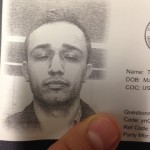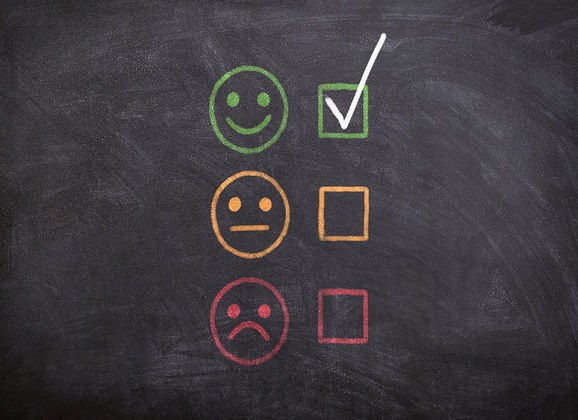Expecting My Return?
We travel not to escape life but for life not to escape us. – Anonymous

Every time I’ve traveled to a new place—whether that is a foreign country or another town in Ohio—it reminds me how little of the world I have actually seen. The different clothes, the different customs, the different sauces you use to dip your fries (in Belgium, they use straight mayonnaise).
Exploring these different cultures, then, is almost a scientific experiment for me. I come up with hypotheses for how I should behave; learn how wrong my hypotheses are; and then try to apologize as quickly as possible for my uncultured behavior.

However, before I even left for Europe to make such blunders (e.g., pedestrians do not have the right away to bicyclists in Amsterdam), the pre-excitement for the trip was half the fun. Or if you believe the research, it was actually the majority of the fun.
Researchers from the Netherlands interviewed close to 1,500 people—both those who were going on vacation and those who weren’t. Now, as you would imagine, those who were expecting to go on vacation were significantly happier than those who weren’t expecting to go on vacation. However, after the trip was over, both those who had gone on vacation and those who hadn’t shared equal levels of happiness.

That is, going on a vacation makes you no happier afterward than not going on a vacation. And from this, then, we can conclude that it’s really the expectation for the vacation, not the vacation itself, that brings us the most happiness.
Or in other words, imagining your trip to the beach is actually better than the beach itself. And when you phrase it like this, that doesn’t sound too unreasonable.
Previously, I’ve discussed how people are bad at predicting their future emotions for an event; for example, people fail to imagine the little stresses of travel, or they exaggerate the pleasure they’ll actually receive. And in this regard, the pre-trip may be better than the post-trip.
But before you simply start planning trips and cancelling them at the last minute

(though, talk to my parents if you want some advice on this), in certain circumstances, there does seem to be a marginal boost to overall happiness after a vacation:
when the vacations were focused on (and resulted in) relaxation. In these instances, the vacation did in fact result in elevated levels of happiness compared to those who didn’t go on vacation.

However, even after reading all of this, you shouldn’t be discouraged from travel. That is, although this study surveyed a large and varied number of people, its measures of post-vacation happiness aren’t the most convincing.
For example, usually after vacation, people immediately go back to work, or have to deal with all the responsibilities that they put off for travel—which would artificially appear as depressed happiness.
Furthermore, this study doesn’t take into account all of the “residual” happiness that comes from travel; for example, personally reliving the memories of your trip, or sharing those stories with others. So although immediately after travel, you may not be as happy as you expected to be, stick with it.
For as previous research tells us, regardless of your experience while traveling, over time, you’ll come to remember loving it.
Glad to be home,
jdt

Nawijn, J., Marchand, M. A., Veenhoven, R., & Vingerhoets, A. J. (2010). Vacationers happier, but most not happier after a holiday. Applied Research in Quality of Life, 5(1), 35-47.








Love the pictures and glad you had fun.
Thank you, Bernadette! It was a super fun trip and great to be home. Transitioning back to grad school Columbus is now the tricky part…
Good one as usual! Was so good to see you today
It was great to see you, too, Patty 🙂 I’m glad you enjoyed it!